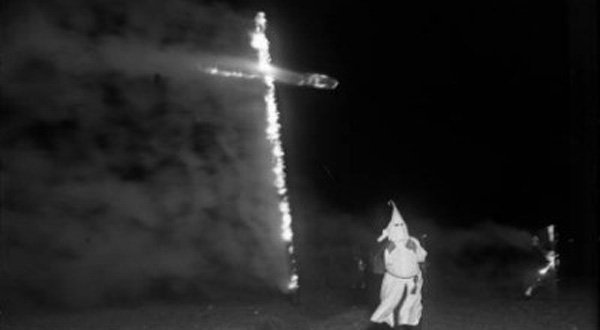
A Dr. Gregory Diggs Memorial Project.
KKK Era of White Supremacy: We have to own it before we can disown it.
Denver’s Ku Klux Klan era, 1917-1925, was a reign of terror for immigrants, Jews, Catholics, and African Americans. White Christian supremacy has always been a part of U.S. history. The ideas go underground, sensing when the time is right for them to survive in the light of day. This is one of those times.
- During that era there were 35,000 to 40,000 Klan members in the state; 17,000 in Denver.
- KKK meetings occurred on South Table Mountain, with burning crosses visible, and south of Denver there were weekly rallies near “Kastle” Rock.
- Klansmen harassed the Jewish enclave along West Colfax.
- They burned crosses on lawns of black activists, white supporters, blacks who moved to white areas, and black professionals and their white partners
- Shorter AME Church was destroyed by fire, many believe, by the KKK.
- When a black fireman bought a home on Gaylord St., his life was threatened by the Clayton Improvement Association of white homeowners.
- Then a white mob threatened a black woman who moved to Gaylord Street.
- A black mailman’s newly purchased home at 2112 Gilpin St. was bombed.
- Black students at Morey Jr. High were barred from swimming classes.
- Students from Manual High School tried to attend a dance for white students. The Denver school board then ordered school social functions separated.
References: Robert A. Goldberg, The Hooded Empire ( Univ. of Ill Press, 1982); “Home-Grown Racism: Colorado’s Historic Embrace—and Denial—of Equal Opportunity in Higher Education” by Richard Delgado and Jean Stefancic. 70 U. Colo. L. Rev. 703. Copyright 1999.
Click below to learn about Denver’s history with the Ku Klux Klan, and ways of thinking about renaming Stapleton.
Outreach Opportunities
Below are general areas in which Denver Faces is planning to be active. Please contact Jackie St. Joan here if you’d like to join us or discuss possibilities for your community or organization.
-
Schools: working with DPS in developing a KKK history curriculum for high school
-
Theater and the Arts: Curious commissioning a short play to take on the road
-
Romero Troupe, organic theater, developing a KKK history skit
-
Faith Communities: Developing a contact list of various ones to approach
-
Libraries: Developing program ideas for DPL





